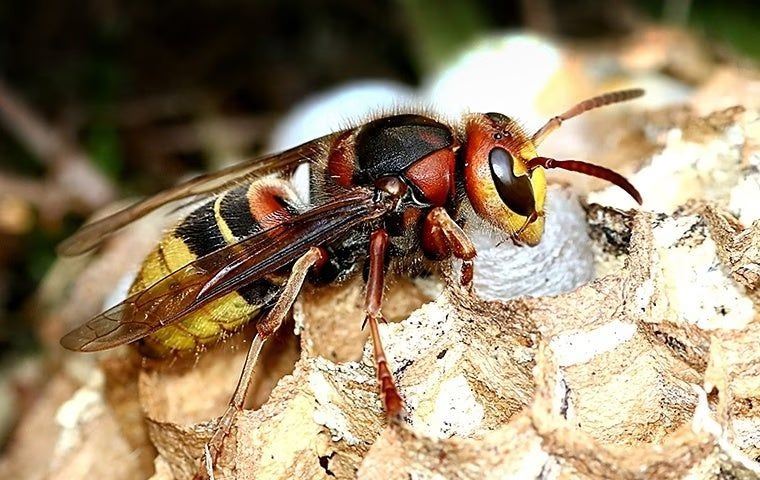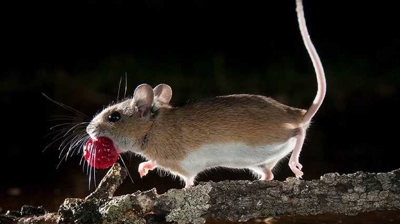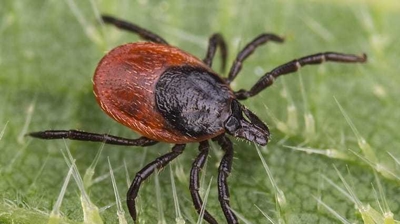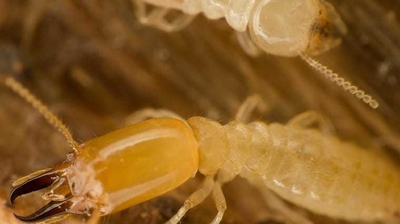
Stinging Insects Identification & Prevention
Frequently Asked Questions about Stinging Insects
Have questions? We are here to help. Still have questions or can't find the answer you need? Give us a call at 252-424-7966 today!

-
How can I prevent stinging insects in the future?
Prevent problems with stinging insects in Elizabeth City, NC, and surrounding areas by combining our professional services with the following prevention tips:
- Limit the amount of flowering vegetation that you plant near your foundation.
- Outdoor trash cans and compost bins should have tight-fitting lids.
- Install weather stripping around windows and doors.
- Keep outdoor eating areas free of food debris.
- Fix torn door and window screens.
- Repair holes in the roofline and repair roof damage.
- Place mesh covers over vents leading into your home or business.
- Maintain gutters and downspouts to prevent water from pooling in them.
- Stain, paint, varnish, or otherwise treat wooden structures located on your property.
-
How do I get rid of stinging insects?
Professional pest control is the best way to control pests and keep them from returning. At Albemarle Termite & Pest Control, our home pest management professionals are highly trained and dedicated to providing safe and effective pest control services in Elizabeth City that are affordable. We are a local pest control company whose number one priority is putting our customers first and exceeding their expectations. To control pests in your home or business once and for all, contact Albemarle Termite & Pest Control today!
-
Where will I find stinging insects?Stinging insects build nests in a variety of ground and aerial locations, depending on the species. Cicada killers place their nests in the ground in sandy, loose soil, while solitary wasps create individual nests in the ground or inside pieces of wood. Hornets build nests in hollow trees, barns, and other outbuildings. If they find their way inside a home, they may make their nest behind a wall void or in the attic. Mud daubers build their nests under eaves, porch ceilings, decks, and sometimes inside wall voids or in attics. Paper wasp nests hang from tree branches, shrubs, underneath porch ceilings, deck railings, roof eaves, and in the corner of door frames. Yellow jackets nest in the ground, placing their nests in the soil, between rocks crevices, or under woodpiles.
-
Why do I have a stinging insect problem?Stinging insects can become a problem on any property as long as it provides them with food, shelter, and water. Unfortunately, our yards make great places for stinging insects to create their nests. Our gardens, trash cans, compost piles, trees, and flowering vegetation all make great places for stinging insects to forage for food. They get water from things like birdbaths and clogged gutters, and they build their nests on our homes, businesses, trees, and under our decks.
-
Are stinging insects dangerous?Stinging insects are dangerous pests because the venom they have is strong enough to trigger allergic reactions in people, sometimes causing serious allergic reactions or life-threatening anaphylaxis. Hornets, wasps, and yellow jackets all have smooth stingers, which allow them to deliver repeated stings and inject more venom into their victims. Their stings are very painful and leave behind large, red welts that can last for hours or days.
-
What are stinging insects?
Stinging insects have stingers at the end of their abdomens that they use to inject venom into prey or anything they view as a threat. When living outside and away from people, stinging insects are helpful because they feed on other smaller insects and garden pests, helping to control their populations. Some species are also responsible for a bit of pollination. When stinging insects build their nests on or near our homes, however, they turn from helpful to dangerous and should be removed with the help of a professional.
The most common species of stinging insects to invade homes and businesses in our areas of North Carolina and Virginia are listed below.



